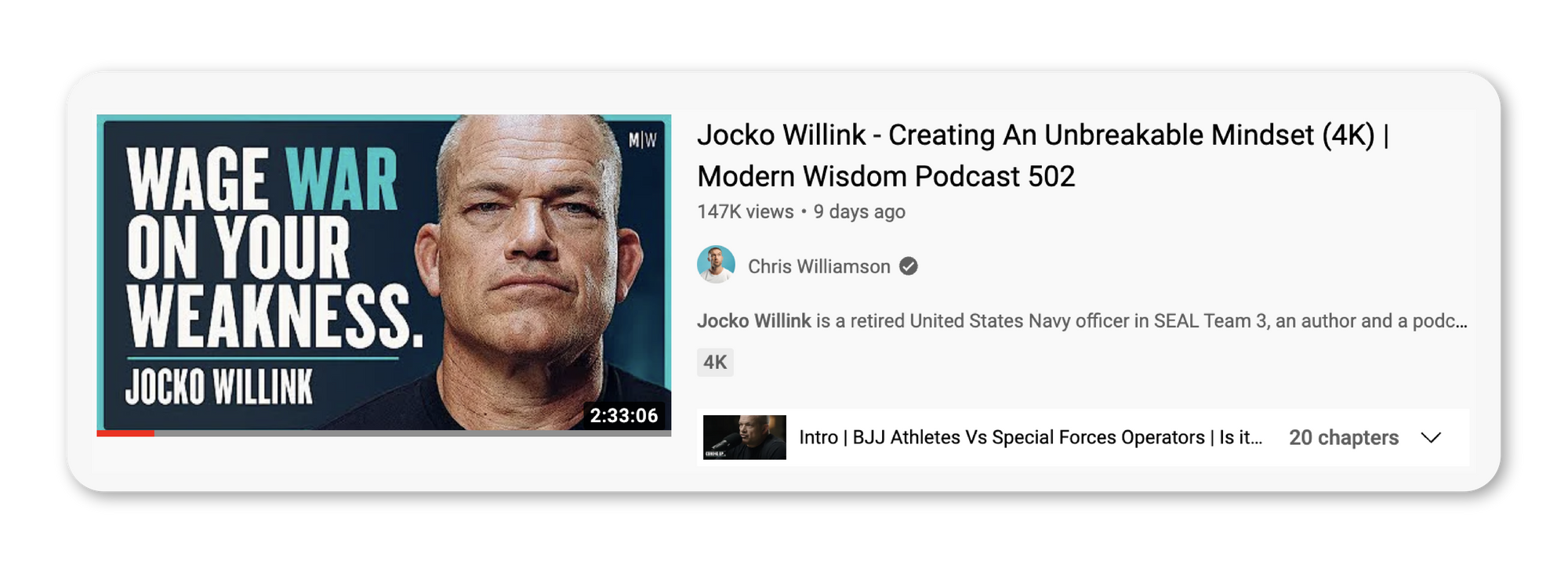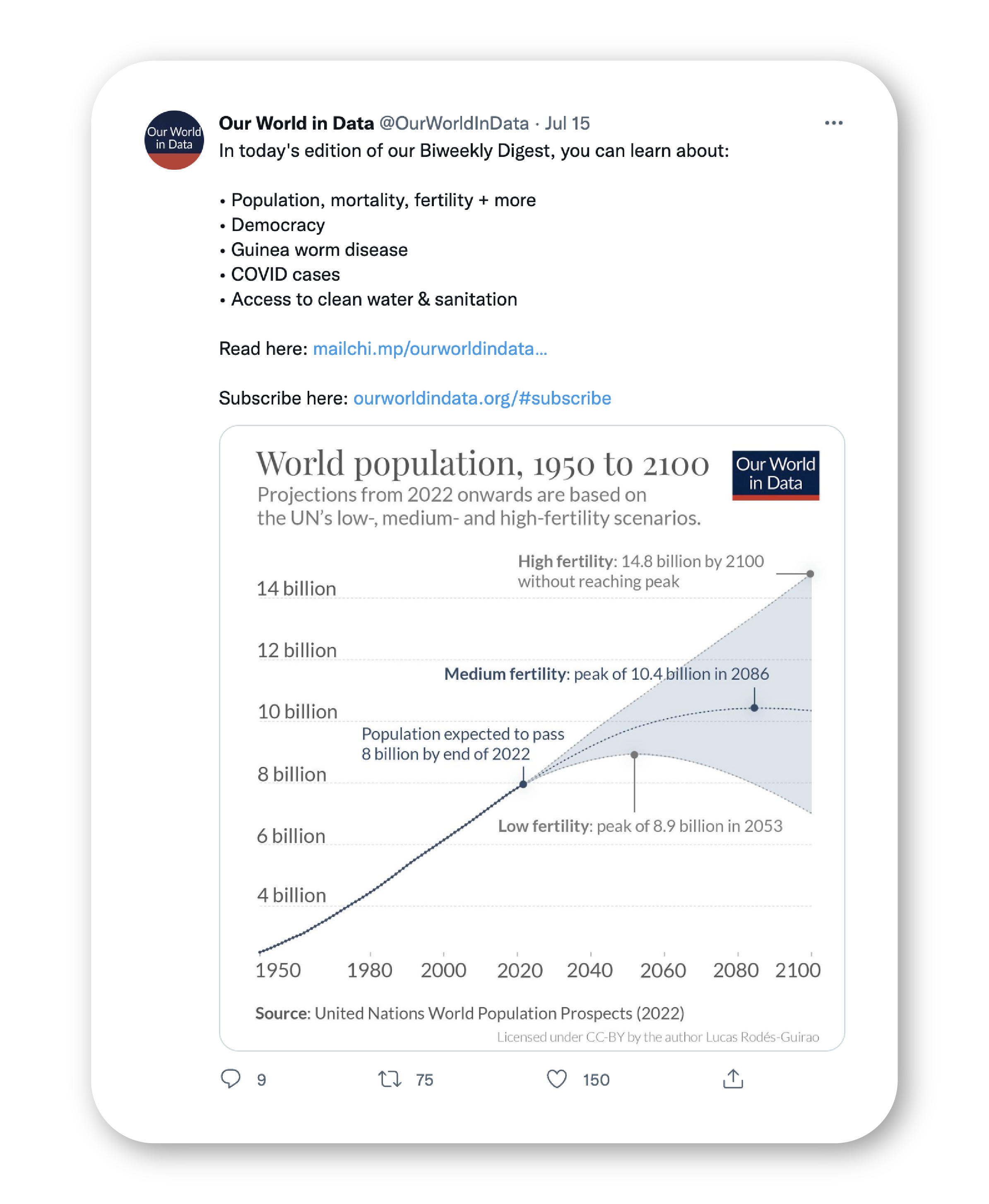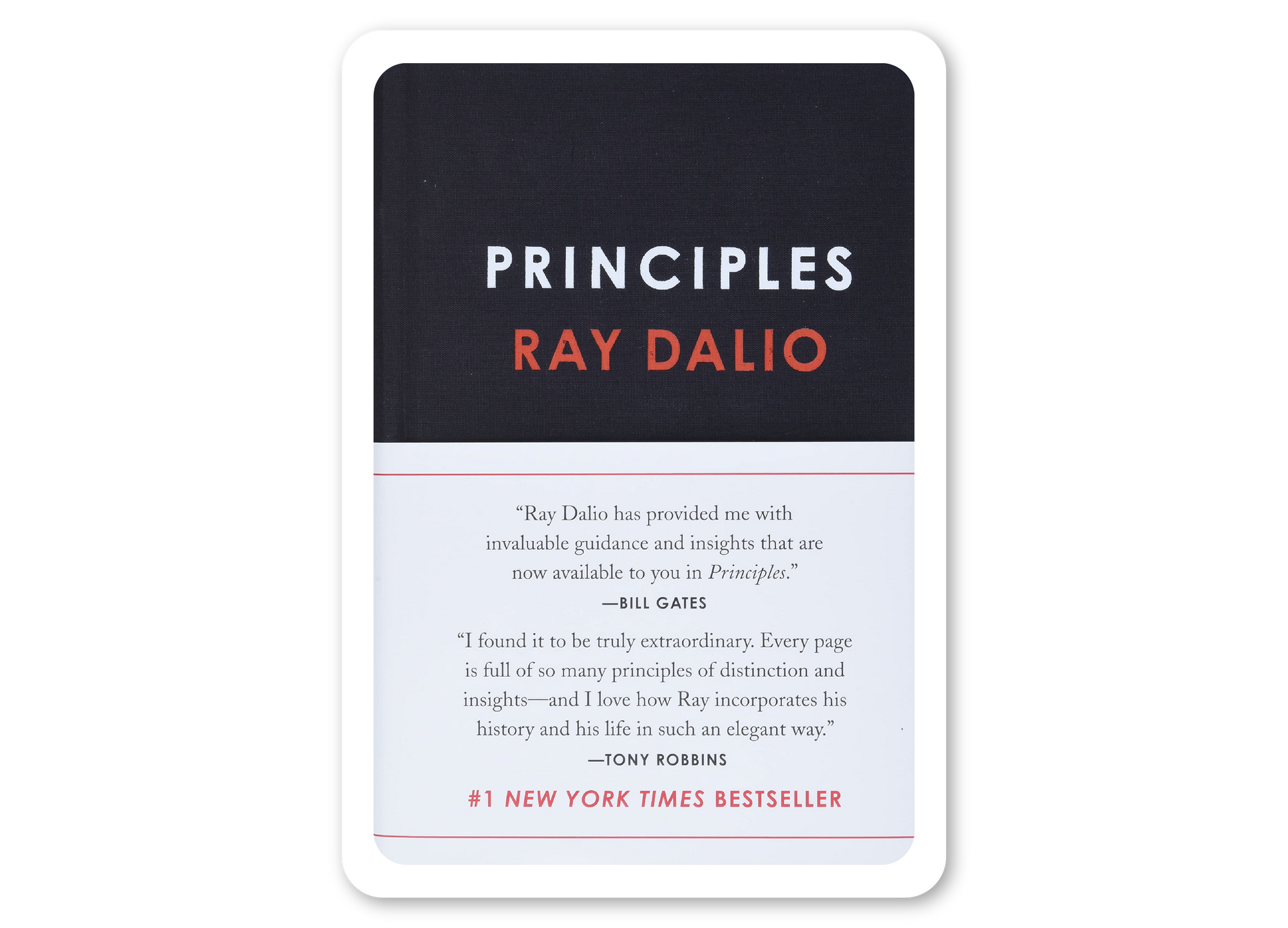Hey friends,
I wanted to say thank you. Thank you for engaging with this newsletter. Thank you for supporting my videos. Thank you for sticking around.
I'm in a big transition at the moment: University student to working man. While I plan to continue making my YouTube videos, I've not had much time or energy to direct towards them.
I'm excited to get back on the YouTube grind in the coming weeks as I begin to settle in and get used to the lifestyle.
Have a great week,
Jack
🔊 Resonators
Jocko Willink - Creating An Unbreakable Mindset (Podcast)
Jocko Willink is an author, and retired U.S. Navy SEAL. What are the similarities between the Special Forces and Brazilian Jiujitsu? His answer resonated so I wanted to explore it here.
Willink believes that to succeed in both of these fields you need the perfect balance between discipline and creativity.
Creativity is instinctive, discipline is learned.
Creativity encourages a quick reaction to a situation, while discipline requires us to apply rules to situations. To me, this balance is deciding whether to trust your instincts, or to follow the rules.
This balance doesn't just exist at an individual level. The Harvard Business Review talks about this at an operational level, saying:
"...you need to keep in mind the necessary balance between imposing discipline from the top and delegating authority to encourage innovation and creativity."
The balance between discipline and creativity—at a personal and an operational level—is one that we all need to find. Do we innovate or imitate?

Our World In Data (Website)
In order to make progress against the world's largest problems, we need to understand them. Our World In Data aims to educate us through providing graphs like this:

Some graphs will leave you feeling hopeful, others provide a bleak picture. Either way, seeing these population trends is undeniably interesting.
In my YouTube videos, I'll be exploring the stories behind these graphs to understand why they look like they do.
Principles - Ray Dalio (Book)
Ray Dalio is an American billionaire investor and hedge fund manager. In this book, he shares the principles that he's learned through his career to allow us to learn from his mistakes.
One of his early realisations was to be radically open-minded, allowing others to point out what he might be missing.
To succeed he would:
- Seek out the smartest people who disagreed with him so he could try to understand their reasoning.
- Know when not to have an opinion.
- Develop, test, and systemise timeless and universal principles.
- Balance risks in ways that keep the big upside while reducing the downside.
This led him to build his company as an idea meritocracy, encouraging thoughtful disagreements. Exploring and weighing people's opinions in proportion to their merits.
